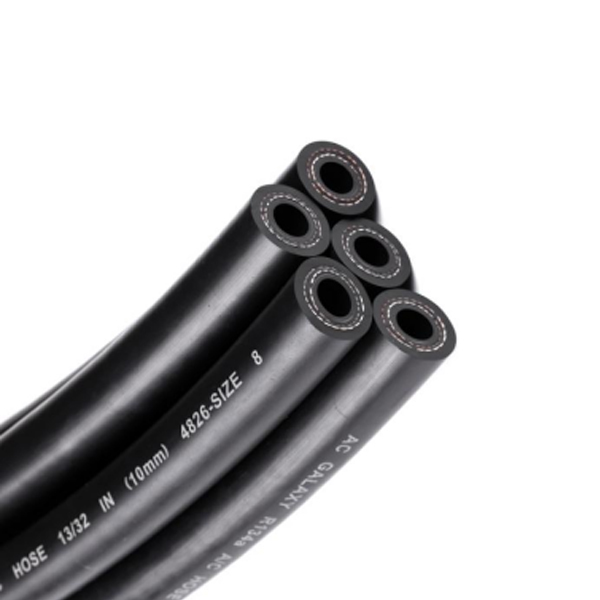Flexible Oil Hose for Efficient Fuel Transfer and Storage Solutions
Sep . 25, 2024 09:55 Back to list
Flexible Oil Hose for Efficient Fuel Transfer and Storage Solutions
Understanding Oil Hoses Importance, Types, and Applications
Oil hoses are essential components widely used in various industries, including automotive, marine, and industrial applications. These hoses are designed to transport fuel, lubricants, and other oils safely and efficiently. Understanding their significance, types, and applications is crucial for anyone involved in maintenance, repairs, or the design of oil systems.
Importance of Oil Hoses
The primary function of an oil hose is to convey oil from one point to another, whether it’s from a fuel tank to an engine, or from a supply line to machinery. The integrity of the oil hose is vital, as failure can lead to leaks, spills, and significant environmental hazards. Moreover, a compromised hose can cause reduced performance in machinery, increased emissions, and, ultimately, costly repairs.
Types of Oil Hoses
Oil hoses come in various types, each designed for specific applications
1. Rubber Oil Hoses These are the most common types due to their flexibility and resistance to high temperatures. They are often used in automotive applications.
oil hose

2. PVC Oil Hoses Lightweight and cost-effective, PVC hoses are suitable for lower-pressure applications but may not withstand extreme temperatures as effectively as rubber.
3. Stainless Steel Hoses These are designed for high-pressure applications and are highly resistant to corrosion, making them ideal for harsh environments.
4. Composite Hoses Made from layers of different materials, composite hoses are lightweight yet robust. They are often used in the chemical and petrochemical industries.
Applications of Oil Hoses
Oil hoses are employed in various settings. In the automotive industry, these hoses connect various engine components, ensuring proper oil flow for lubrication. In marine settings, they are used to transfer fuel and lubricants, while in industrial contexts, they facilitate the delivery of oils and chemicals in manufacturing processes.
In conclusion, oil hoses play a pivotal role in ensuring the safe and efficient transfer of oils across numerous industries. Understanding the different types available and their specific applications allows for better maintenance and operational efficiency, ultimately contributing to the longevity of machinery and the safety of the environment. When selecting an oil hose, it’s essential to consider factors such as temperature resistance, pressure rating, and compatibility with the conveyed fluid to make informed decisions that ensure safety and efficiency.
